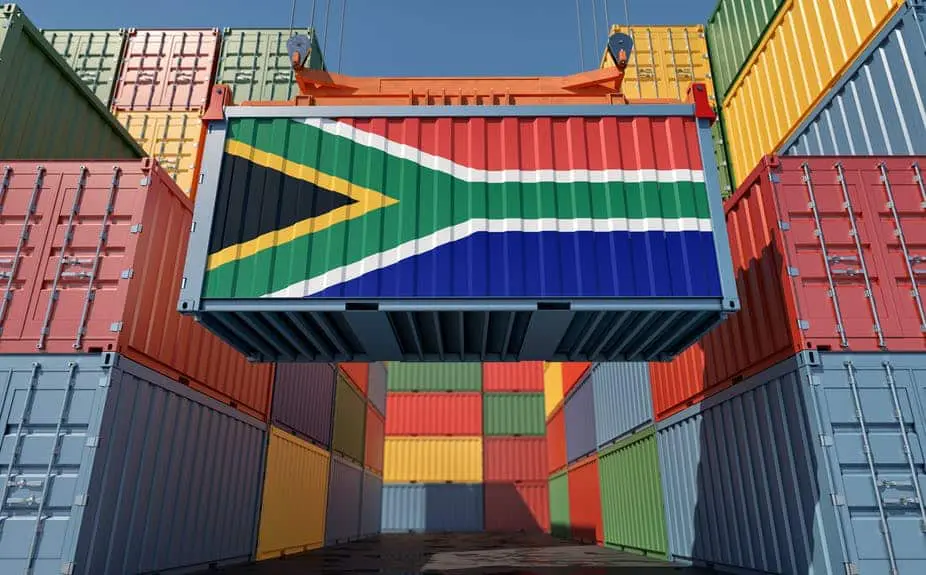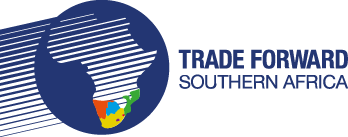South Africa’s SMEs have not been able to easily access international trade finance. A local fintech spotted the gap and figured out how to offer international trade finance effectively to this market segment.
It’s a complicated niche that requires knowledge of regulation, compliance and forex. Traditional lenders have neglected finance for small businesses due to the high costs associated with onboarding and assessing these customers, as well as managing their credit risk. In addition, small businesses do not meet the onerous credit requirements of banks and other specialised firms especially with respect to international trade finance.
Explains Eli Michal, CEO of fintech lender Payabill, “We were established in 2017 and have been providing trade finance to SMEs by settling our clients’ suppliers directly and allowing clients to select their own extended payment terms. We had constant requests from SMEs for support to finance imports.
“We were able to collaborate with our equity partner’s Sasfin Forex division to develop a bespoke credit offering. It allows SMEs to access this vital funding to provide international working capital solutions to grow their businesses. Our offering is 100% digital, fast and compliant. Clients choose how often they wish to make payments and over what time period so that they don’t take on any additional strain.”
Michal notes that the eligibility criteria are very simple. “SMEs that are eligible for this type of finance have been operating for more than a year, are registered as a CC or Pty, and have an annual turnover between R500,000 and R30m. Payabill International Trade Finance settles international suppliers from R5,000 up to R500,000 or higher.
Michal continues, “We take risk where it matters at the coalface of SA’s businesses by helping smaller businesses that have little security and struggle to get funding. We pay suppliers when sales aren’t yet guaranteed and take risks where no one else would consider it. We are intent on helping those businesses that are locked out of the market at a time when SA businesses need all the support that they can get.”
Unlocking business potential
This type of finance is particularly relevant for SA’s SMEs wishing to rebuild after recent riots. Many goods categories are in short supply after extensive damage to malls, warehouses and factories and the looting of 3000 stores. The process of bringing goods into the country must begin again with business owners having to fund imports and freight forwarders.
Payabill allows a business to settle an international supplier and to negotiate suitable terms of up to 90 days, even accepting pro forma invoices for immediate settlement. Online credit decisions are completed within a minute.
Payabill has already paid almost 500 suppliers by offering various forms of trade finance. Typical international deals include a South African business that imports Covid-19 medical equipment. Another business imported raw materials for small-scale manufacturing whereas others have been importing exclusive products for re-sell.
Trade finance solutions assist businesses that trade goods and materials. When there is a time lag between paying foreign suppliers and receiving payments from local customers, businesses may struggle to meet all their financial commitments due to a cash flow mismatch.
A trade finance solution settles the seller on behalf of the buyer. The buyer benefits from extended repayment terms while the seller benefits from immediate payment.
International trade finance can help a business increase revenue, decrease competition, create easier cash-flow management and benefit from currency exchange if bought at the right time at fixed costs.








